Biography of Bashar Al-Assad
Bashar Al-Assad is a Syrian politician who became president in 2000. He also serves as general secretary of the ruling Ba'ath party and belongs to the Nusayri community. Net worth: $1.5 billion.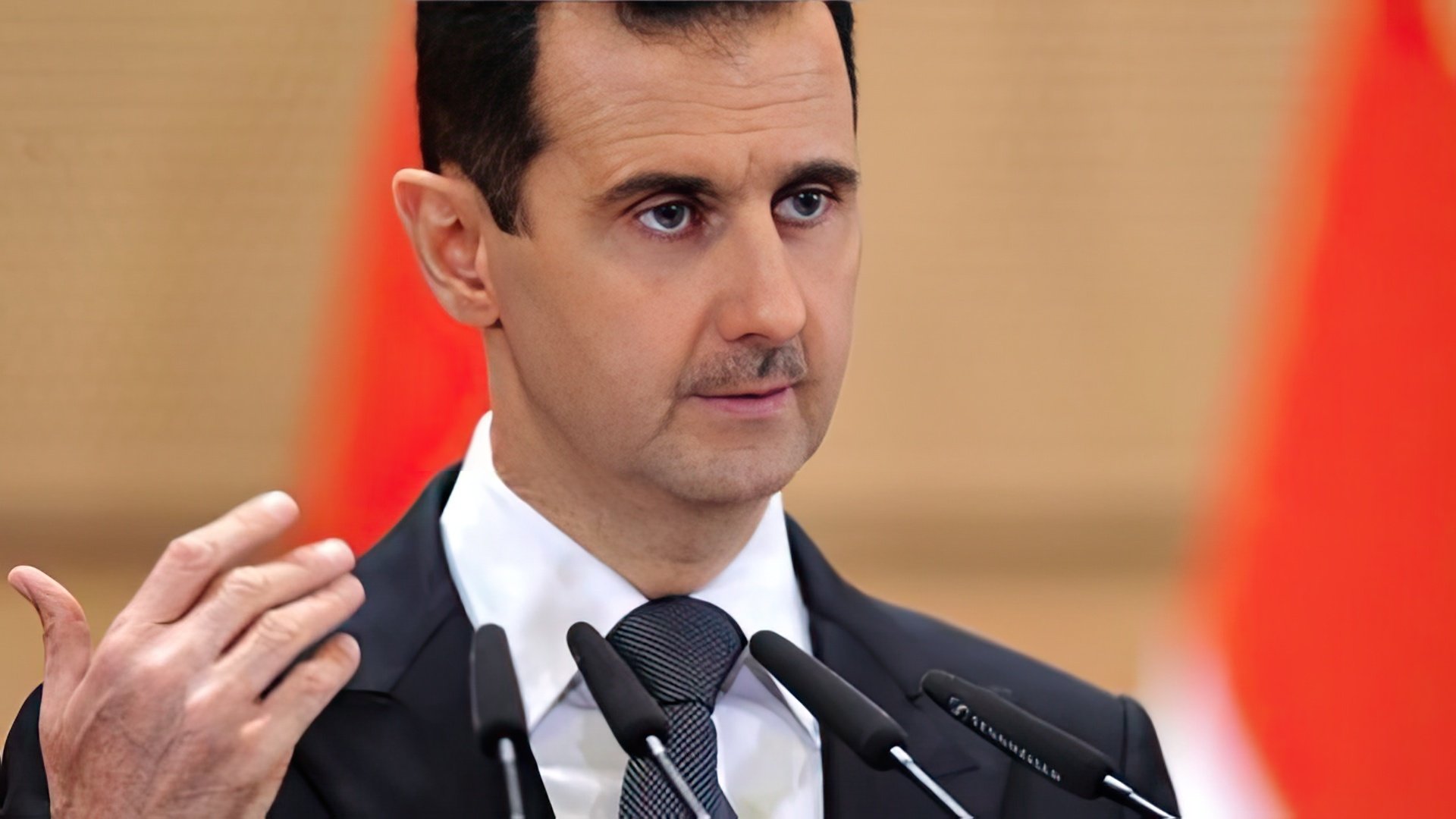
Early years and Bashar Al-Assad's family
On September 11, 1965, Bashar was born as the third child to Syrian air defense and air force general Hafez al-Assad. Soon after, his father became Minister of Defense and seized power in the country in 1971.
For his early education, Bashar predictably attended the prestigious metropolitan high school al-Hurriya, where many children of the political elite studied. During his school years, Bashar studied the main European languages, including English, which the politician speaks fluently.
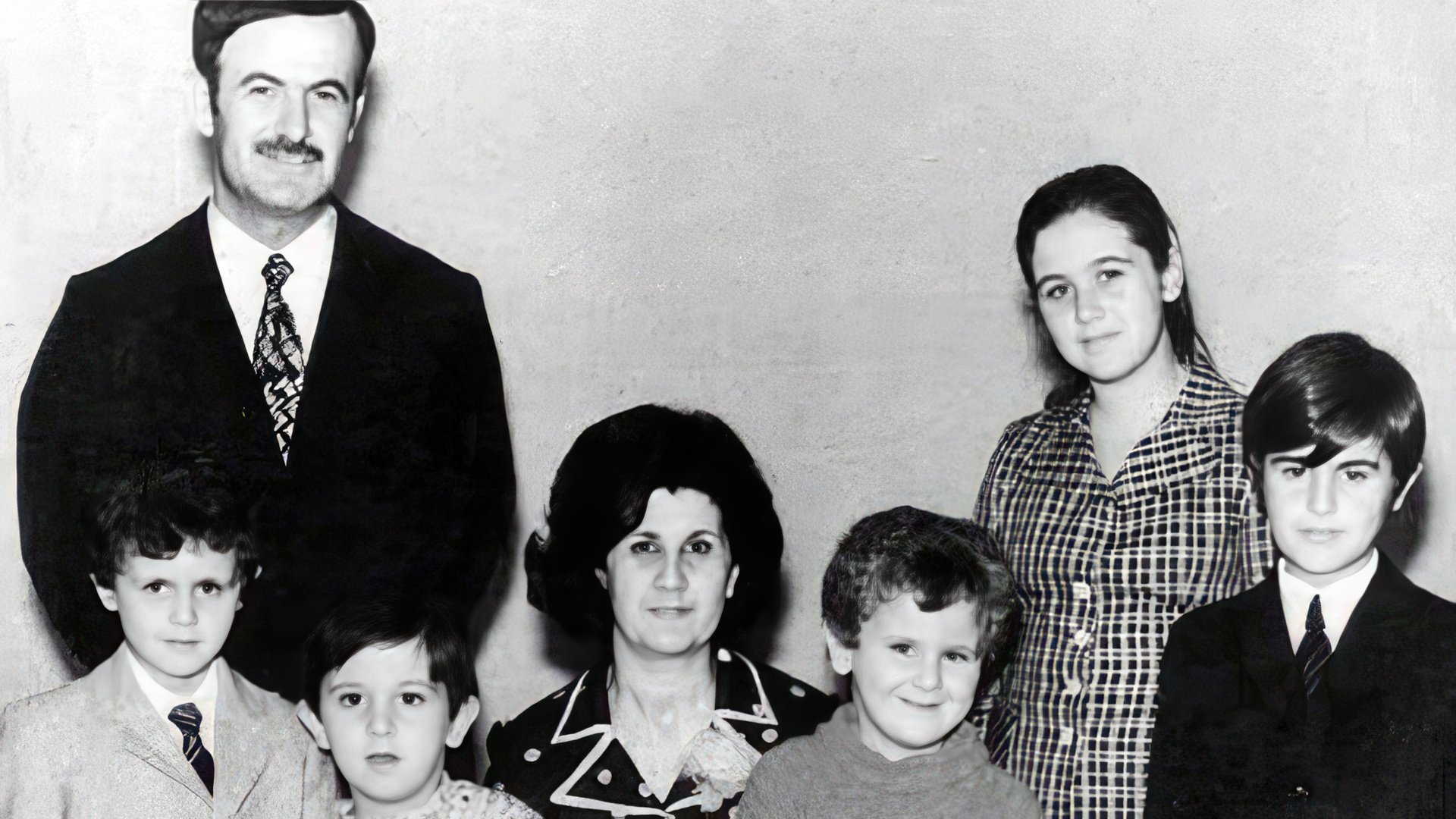
After completing his hospital internship, Bashar moved to London to train at St. Mary's Hospital. In 1991, none of his London colleagues knew who this gifted young man really was – he was even using a different name. At the new workplace, Bashar proved himself to be a good professional. He communicated with intellectuals, and besides medicine was fond of computers.
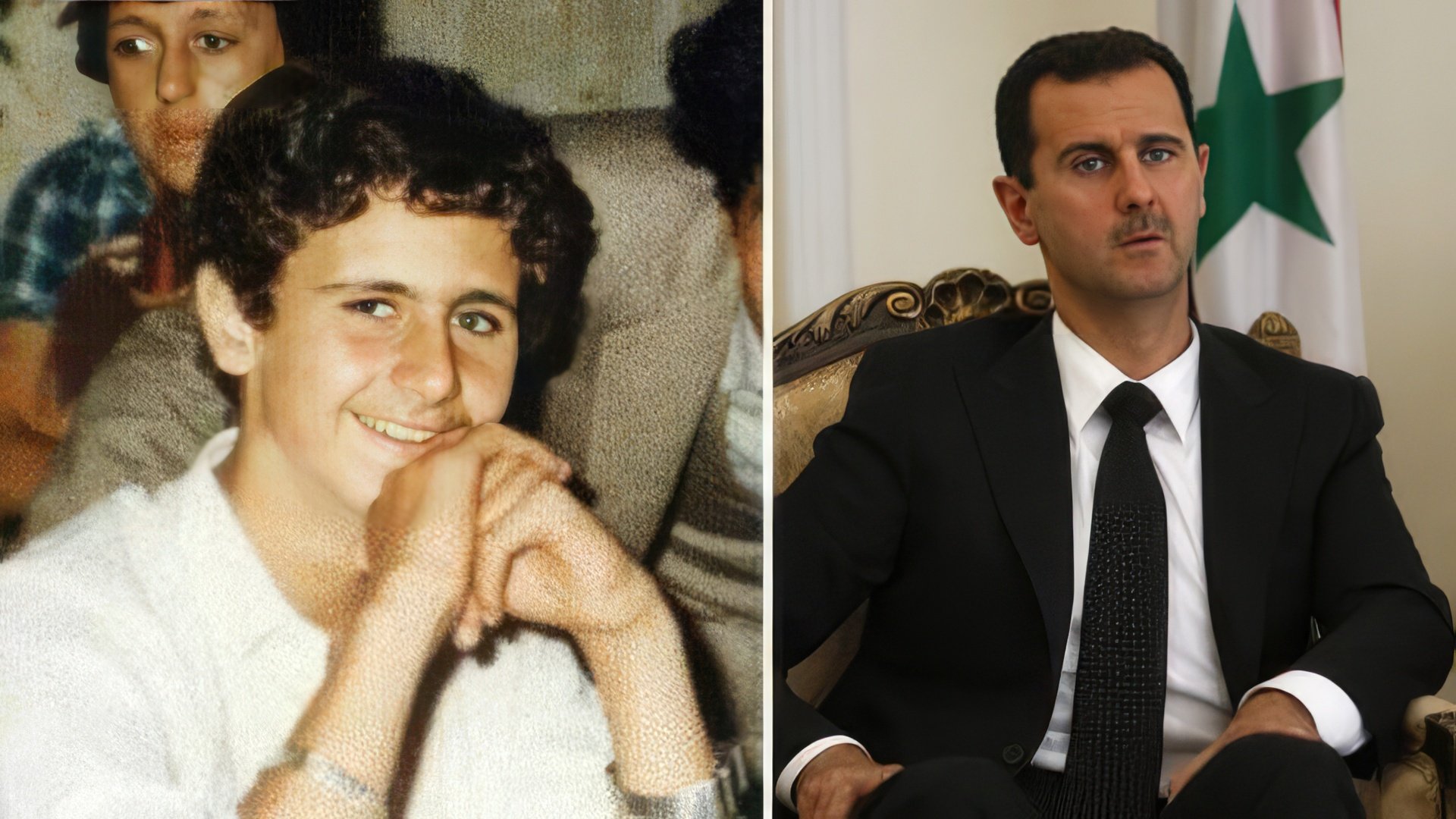
Bashar Al-Assad's political career
The young man was trained at the military academy of Homs. He gradually became a regular presence in top government offices, taking on multiple positions simultaneously: he became an adviser to the president, headed the country's security service, as well as the anti-corruption committee. While still in high school, he became acquainted with an entire generation of elite children, and later lobbied for their economic interests during his rule.
Years of dedicated work to build his reputation earned the young man genuine support from the Syrian people. He was considered a progressive and fair politician. For example, Syria gained Internet access (1998) and mobile communications (2000) thanks to the young al-Assad.
When his father died of heart failure in 2000, Bashar al-Assad became the clear favorite for both the presidency and leadership of the ruling Ba'ath party. The only obstacle was the age limit for presidential candidates, but Parliament quickly addressed this minor obstacle and promptly amended the country's constitution, lowering the minimum age requirement from 40 to 34 years.
Bashar Al-Assad – President of Syria
In 2000, 34-year-old Bashar al-Assad was elected president by an absolute majority. Like his father, he was given the military rank of general and supreme commander of the Syrian army.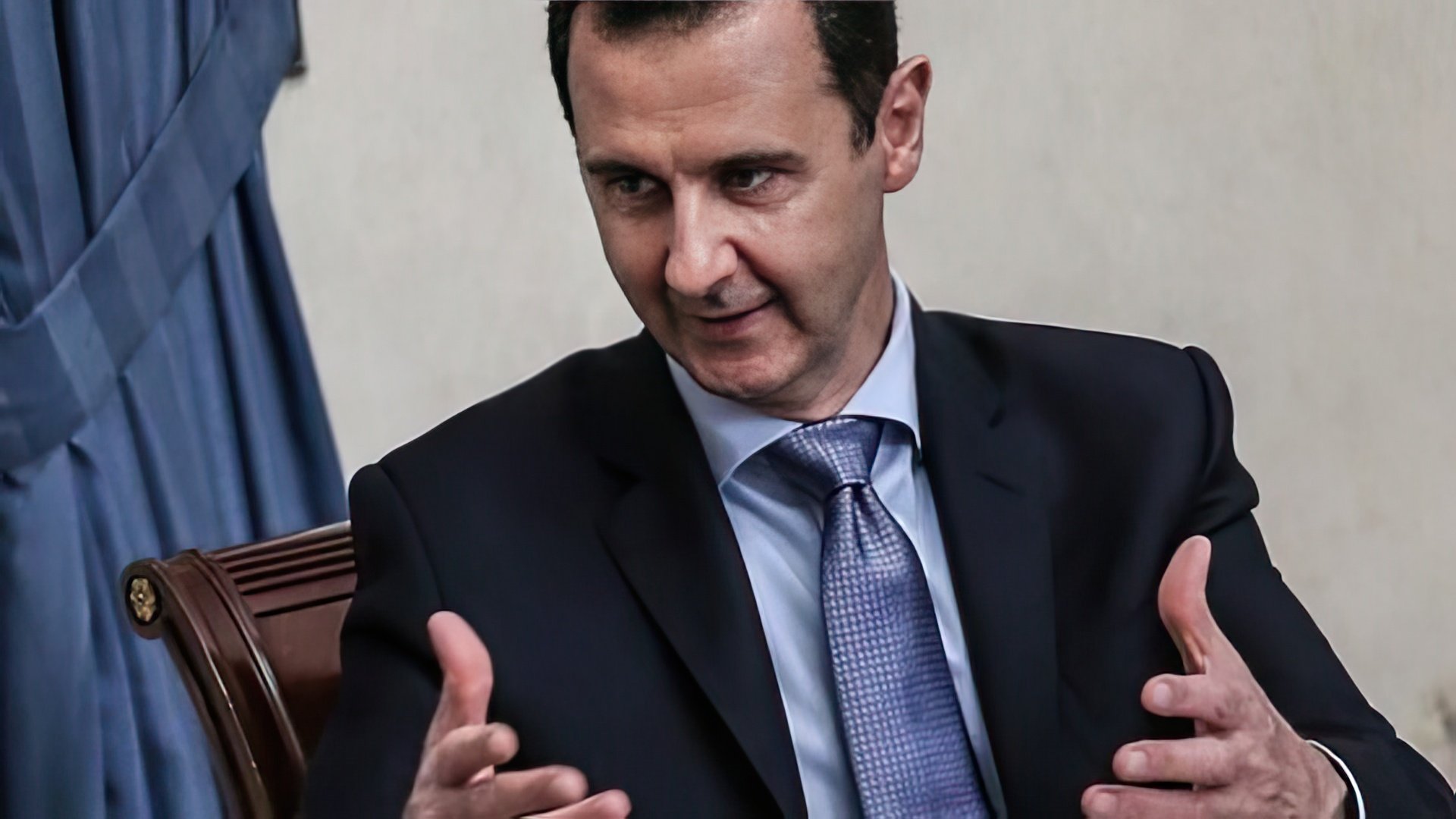
In 2007, he won uncontested presidential elections—essentially a federal referendum—where 97.6% of Syrian residents supported his candidacy.
In early 2011, a political crisis began in Syria. Protest tensions were rising across the country. The Syrian government made some concessions, in particular, promising to implement some radical reforms. The constitutional provision that guaranteed the ruling Ba'ath party's special position was annulled, and Assad announced he would lift the state of emergency that had been in place since 1963. On March 29, 2011, Bashar al-Assad accepted the government's resignation and formed a new cabinet.

The decision to use the army to disperse protesters led to mass casualties among the opposition—by the end of May, various estimates put the number of victims among dissenters at over one thousand. The opposition accused the army of using chemical weapons of mass destruction. These allegations were regularly heard in subsequent years.
In May 2011, the US and EU imposed sanctions against Syria. The country lost supplies of Western weapons, while foreign bank accounts of the Syrian government elite, including Assad's own accounts, were frozen.

ISIL posed the biggest threat to his grip on power and the country's stability. Meanwhile, the opposition had backing from major European countries, the United States, and regional neighbors - Israel, Turkey, Saudi Arabia and Qatar. Facing overwhelming enemy forces by late 2015, Bashar al-Assad officially reached out to Russian President Vladimir Putin for help.
Bashar Al-Assad's personal life
A year into his first presidential term, Assad married childhood friend Asma al-Akhras, daughter of a respected cardiologist from a Syrian Sunni family. His choice may have been influenced by his father's death from heart failure.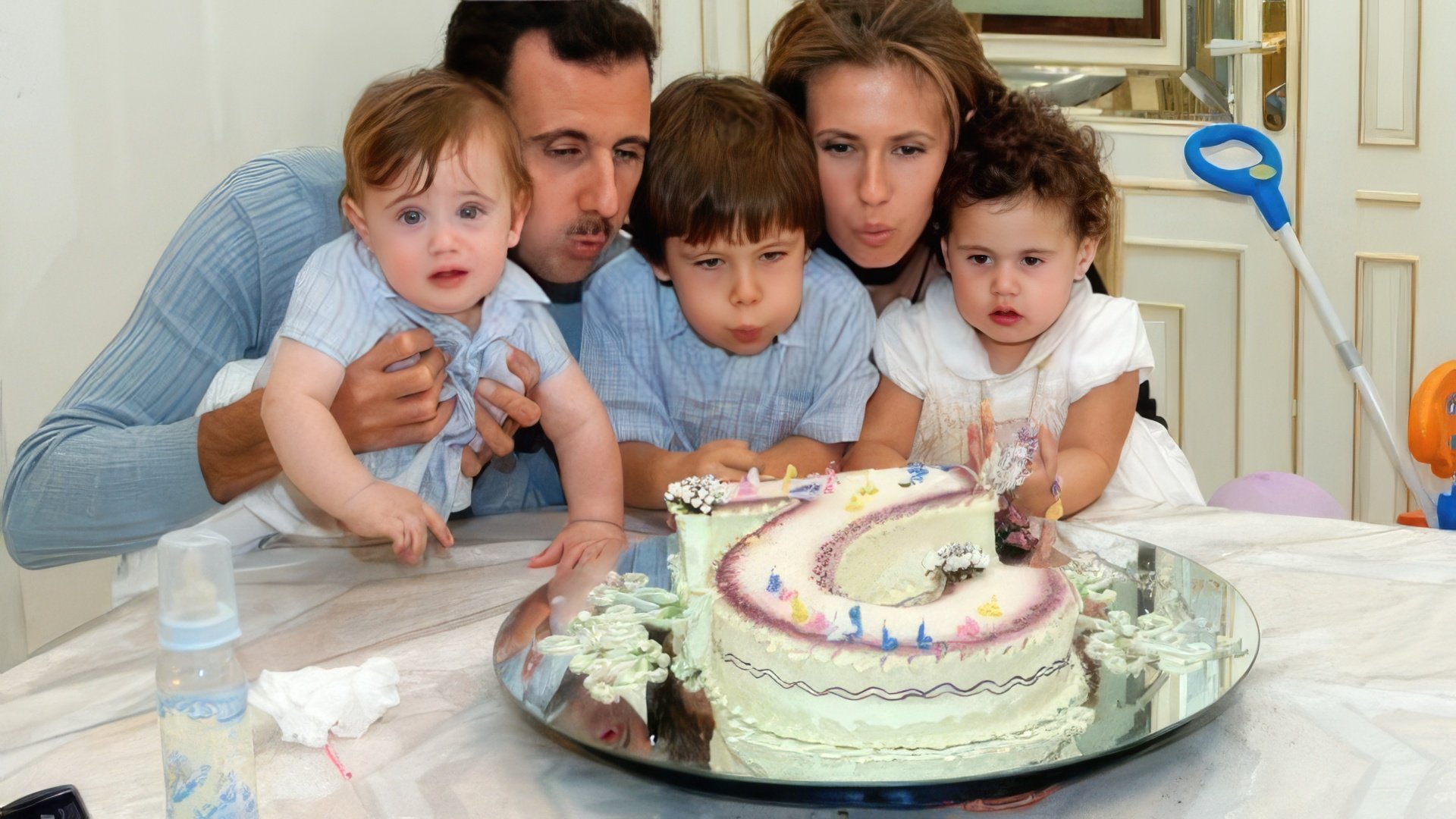
Bashar Al-Assad now
Just years ago, Bashar al-Assad was respected in the West as a democratic reformer. But after Middle East destabilization and the worsening ISIL crisis, most Western media now brand him a "bloody dictator." Still, Bashar al-Assad insists he won't step down voluntarily.
Found an error? Select the text and press Ctrl+Enter
Error in the text? Select it — a send button will appear
Publication Details




-
Anna Garrett
2021-04-23 17:08:54
-
William Rodriquez
2021-04-22 17:10:02
-
Jane Gray
2021-04-18 19:42:14
-
Samuel Sullivan
2021-03-15 12:56:41
-
Larry Cole
2021-03-12 09:46:06
5